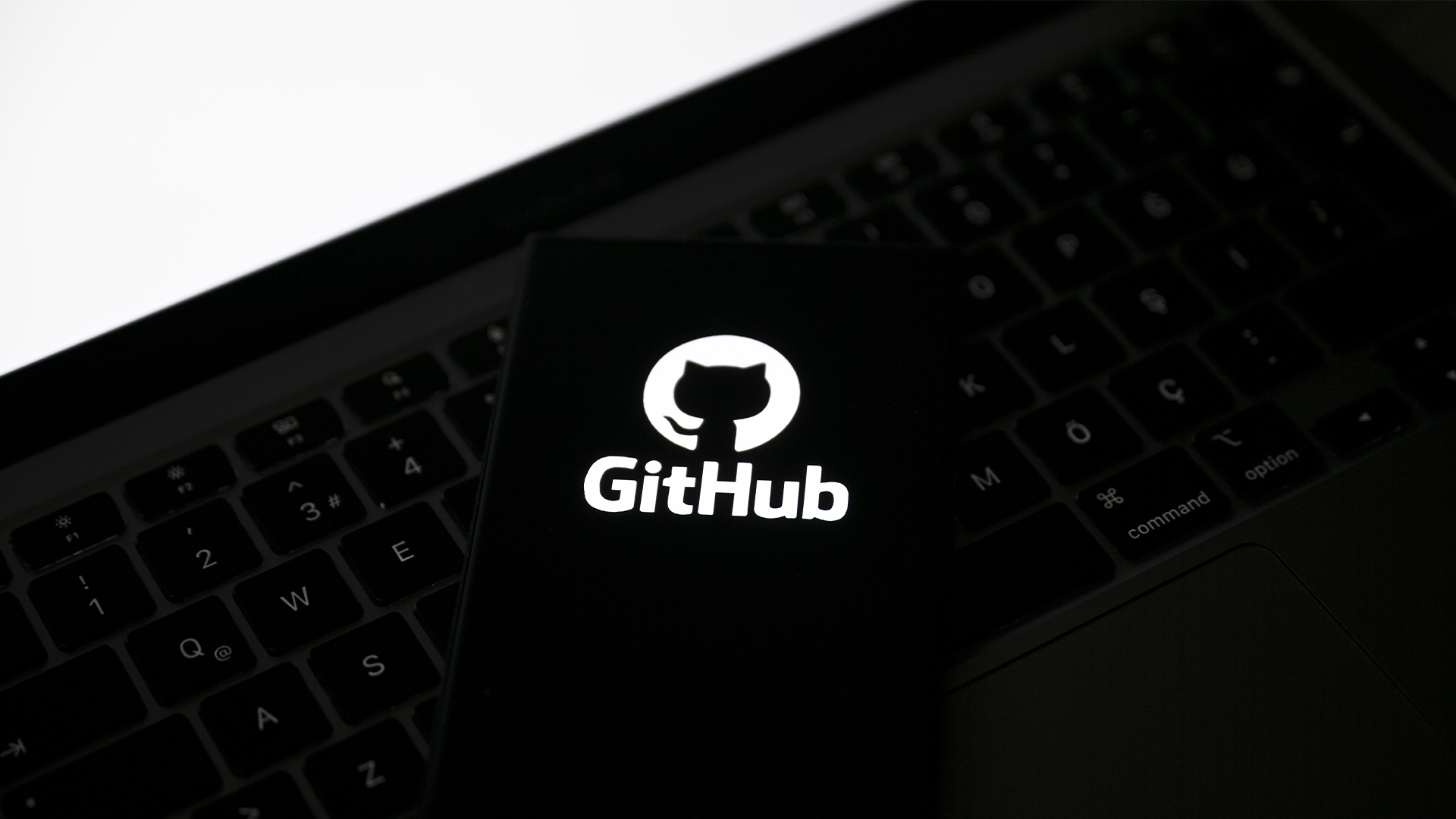Everything you need to know about GitHub’s new push protection changes
GitHub is turning on its secret scanning feature by default to evaluate git pushes to public repositories, here’s what you need to know


Sign up today and you will receive a free copy of our Future Focus 2025 report - the leading guidance on AI, cybersecurity and other IT challenges as per 700+ senior executives
You are now subscribed
Your newsletter sign-up was successful
GitHub has announced it is enabling push protection for all users by default for all public repositories to help reduce accidental information leaks.
With push protections in place, GitHub will scan each ‘git push’ to a public repository to confirm there are no API keys, tokens, and other secrets that could be exposed as a result.
GitHub trialed push protection in April 2022 and the system has been in public beta since, with the firm making the secret scanning feature generally available in May 2023.
In a blog post announcing the change, GitHub said its secret scanning tool “guards over 200 token types and patterns from more than 180 service providers”.
With secret scanning push protection turned on by default, if a secret is detected in a push to a public repository, users will be able to remove it from commits, or ignore the warning and circumvent the block altogether.
Users can also choose to disable the feature entirely, although this is not recommended by GitHub.
GitHub said it might take a week or so for the changes to apply to all accounts, but users can verify their status and choose to opt-in early by going into their code security and analysis settings
Sign up today and you will receive a free copy of our Future Focus 2025 report - the leading guidance on AI, cybersecurity and other IT challenges as per 700+ senior executives
GitHub deals with “more than a dozen accidental leaks every minute”
Eric Tooley and Courtney Claessens at GitHub explained inadvertent leaking of API keys, tokens, private keys, and credentials remains a pervasive issue, and one that has previously led to serious security breaches, reputational damage, and legal trouble.
“In just the first eight weeks of 2024, GitHub has detected over 1 million leaked secrets on public repositories. That’s more than a dozen accidental leaks every minute.”
RELATED WHITEPAPER

Demand for a tool to bolster protections on pushes is high, according to the firm, which reported that since rolling the feature out to its Advanced Security customers, more than 95% of users choose to scan pushes to private repositories.
When it introduced the secret scanning feature in April 2022, GitHub said it detected over 200,000 secrets across thousands of private repositories using the tool.
Now, GitHub is looking to do the same for open source code and secure public repositories too.
Vulnerabilities in open source code have increased significantly, according to new research from EDA specialists Synopsys.
Synopsys’ report revealed almost three quarters of all codebases assessed in 2023 were found to contain high-risk open source vulnerabilities, up 54% compared to the previous year.
The US National Institute of Standards and Technology (NIST) recognized the threat that exists in the software supply chain with new guidance on how organizations can protect themselves.
The new guidance stated that security teams should approve the merging of unverified sources of open source software, and that devs should try to download open source code as source code instead of pre-compiled libraries.
GitHub itself has struggled with accidental leaks in the past. In March 2023, the developer platform was forced to make changes to its terminal code and replace its RSA SSH host key after it was inadvertently exposed.

Solomon Klappholz is a former staff writer for ITPro and ChannelPro. He has experience writing about the technologies that facilitate industrial manufacturing, which led to him developing a particular interest in cybersecurity, IT regulation, industrial infrastructure applications, and machine learning.
-
 Anthropic promises ‘Opus-level’ reasoning with new Claude Sonnet 4.6 model
Anthropic promises ‘Opus-level’ reasoning with new Claude Sonnet 4.6 modelNews The latest addition to the Claude family is explicitly intended to power AI agents, with pricing and capabilities designed to attract enterprise attention
-
 Researchers call on password managers to beef up defenses
Researchers call on password managers to beef up defensesNews Analysts at ETH Zurich called for cryptographic standard improvements after a host of password managers were found lacking
-
 Microsoft is shaking up GitHub in preparation for a battle with AI coding rivals
Microsoft is shaking up GitHub in preparation for a battle with AI coding rivalsNews The tech giant is bracing itself for a looming battle in the AI coding space
-
 GitHub is scrapping some Claude, OpenAI, and Gemini models in Copilot – here's what you need to know and what alternatives are available
GitHub is scrapping some Claude, OpenAI, and Gemini models in Copilot – here's what you need to know and what alternatives are availableNews GitHub Copilot users are urged to switch to the newer models following the retirement cut-off
-
 UK government programmers trialed AI coding assistants from Microsoft, GitHub, and Google – here's what they found
UK government programmers trialed AI coding assistants from Microsoft, GitHub, and Google – here's what they foundNews Developers participating in a trial of AI coding tools from Google, Microsoft, and GitHub reported big time savings, with 58% saying they now couldn't work without them.
-
 GitHub just launched a new 'mission control center' for developers to delegate tasks to AI coding agents
GitHub just launched a new 'mission control center' for developers to delegate tasks to AI coding agentsNews The new pop-up tool from GitHub means developers need not "break their flow" to hand tasks to AI agents
-
 What Thomas Dohmke’s departure means for GitHub
What Thomas Dohmke’s departure means for GitHubNews Thomas Dohmke won't be replaced as CEO at GitHub, with remaining company execs reporting directly to Microsoft's CoreAI division.
-
 GitHub CEO Thomas Dohmke thinks there’s still a place for junior developers in the age of AI
GitHub CEO Thomas Dohmke thinks there’s still a place for junior developers in the age of AINews GitHub CEO Thomas Dohmke believes junior developers still play a crucial role in the hierarchy of software development teams, and AI won't change that any time soon.
-
 ‘Made the Pro plan worse’: GitHub just announced new pricing changes for its Copilot service – and developers aren’t happy
‘Made the Pro plan worse’: GitHub just announced new pricing changes for its Copilot service – and developers aren’t happyNews GitHub has announced new pricing changes for its AI Copilot service in a move that's sparked backlash among developers.
-
 GitHub just unveiled a new AI coding agent for Copilot – and it’s available now
GitHub just unveiled a new AI coding agent for Copilot – and it’s available nowNews GitHub has unveiled the launch of a new AI coding agent for its Copilot service.